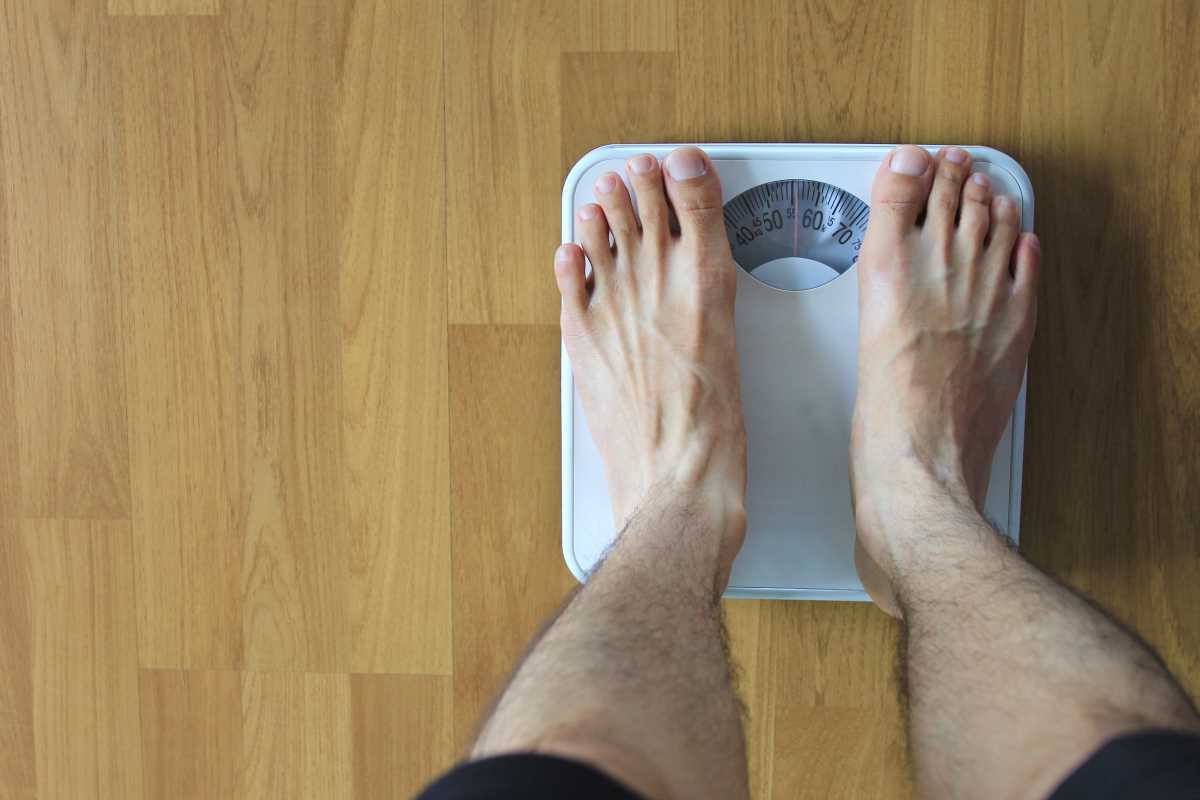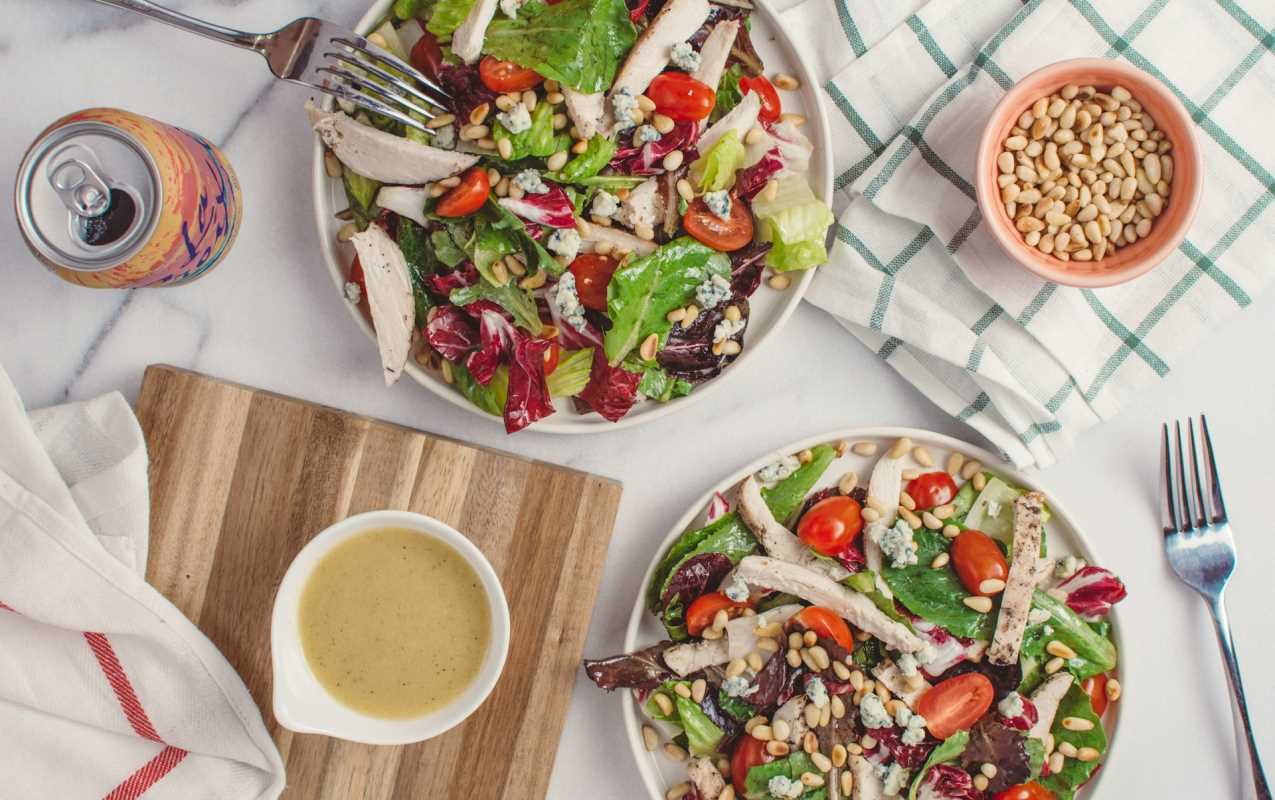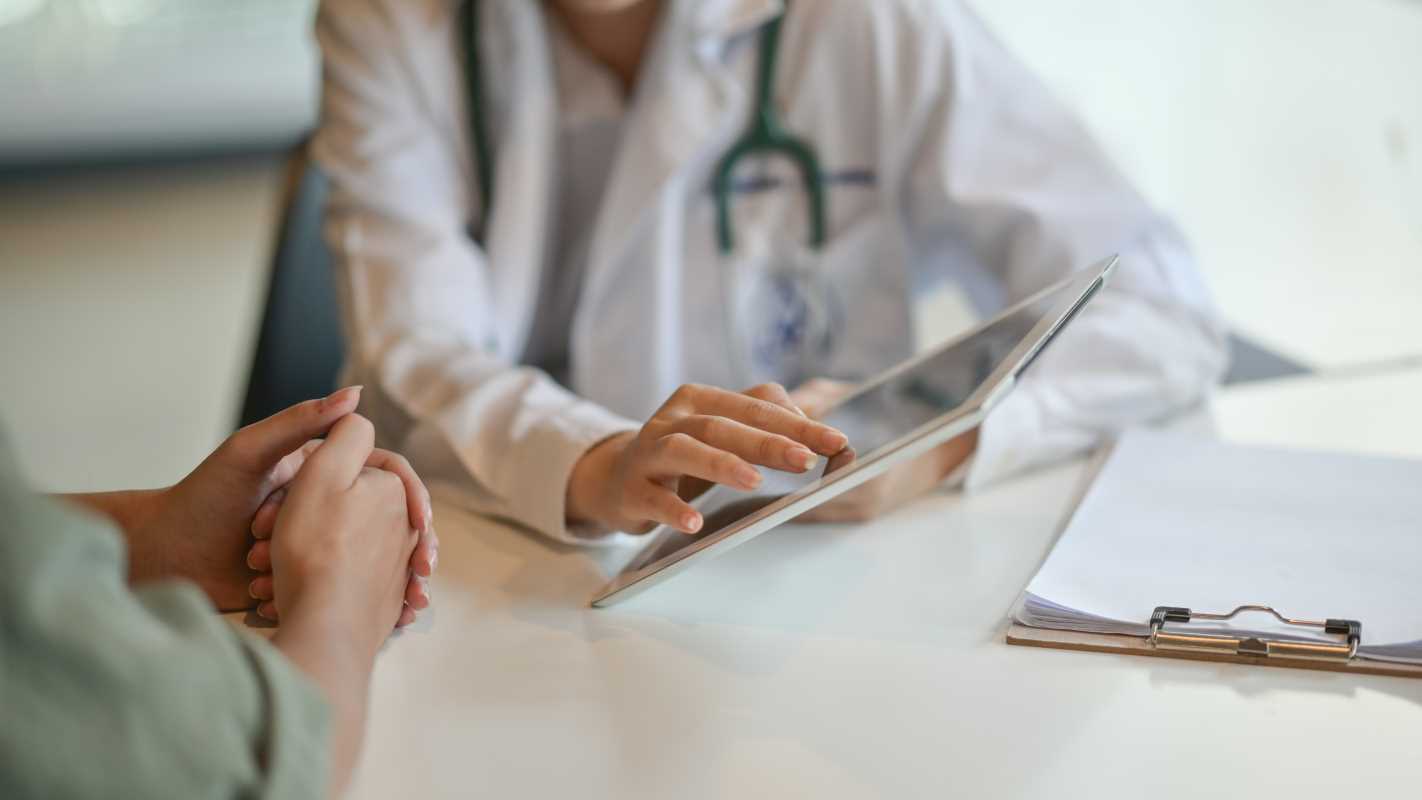Pregnancy is a time of joy and anticipation, but it also comes with important obligations to ensure both the mother and baby remain healthy.
A critical aspect of that responsibility is maintaining a proper diet. While most foods are safe and beneficial, some can pose risks to both mother and baby due to harmful bacteria, toxins, or chemical exposure. Here, we’ll explore the main foods pregnant women should avoid, explain why they’re risky, and suggest safer alternatives to support a healthy pregnancy.
1. Raw Fish and Shellfish
Raw fish, including sushi and raw oysters, may seem like a delicacy to some, but it’s a no-go for pregnant women. The risk here mainly lies in foodborne illnesses caused by parasites or bacteria like Listeria and Salmonella. These can be particularly dangerous during pregnancy, potentially leading to complications such as miscarriage, premature delivery, or infection in the newborn.
For seafood lovers, the good news is that fully cooked fish and seafood are safe and can be a fantastic source of Omega-3 fatty acids, which support fetal brain development. Opt for well-cooked salmon, shrimp, or cod as safer alternatives.
2. High-Mercury Fish
While fish is generally encouraged during pregnancy for its nutritional benefits, certain kinds of fish should be avoided due to high levels of mercury. Fish such as swordfish, king mackerel, tilefish, and shark contain elevated mercury levels, which can harm your baby's developing nervous system. Mercury exposure has been linked to developmental delays and brain damage in babies.
Safer options include low-mercury fish like salmon, tilapia, and sardines. These provide the important nutrients and Omega-3s without the harmful mercury levels. Pregnant women are advised to limit fish consumption to around two to three servings per week to strike a good balance.
3. Unpasteurized Dairy Products
Unpasteurized (or raw) milk and cheeses made from unpasteurized milk, such as soft cheeses like brie, feta, camembert, and blue cheese, can harbor harmful bacteria like Listeria. This bacterium can cause listeriosis, a serious infection that increases the risk of miscarriage, stillbirth, or preterm labor.
To reduce these risks, stick to pasteurized milk and hard cheeses such as cheddar, swiss, or gouda. Always check the label to ensure dairy products have been pasteurized.
4. Deli Meats and Processed Meats
Deli meats and processed meats, such as hot dogs, salami, and luncheon meats, are also high-risk foods during pregnancy. These items may be contaminated with Listeria, which can survive at refrigerator temperatures and only be killed through heating. Beyond bacterial risks, processed meats are often high in nitrates and additives that aren't ideal for anyone, especially pregnant women.
If you're craving sandwich meats, opt for alternatives like freshly cooked chicken or turkey (heated until steaming). Additionally, you can enjoy previously frozen deli meat that has been thoroughly reheated before consumption.
5. Raw or Undercooked Eggs
Raw or undercooked eggs carry the risk of exposure to Salmonella, a bacteria that can cause food poisoning. While a case of salmonella poisoning is unpleasant for anyone, it can be particularly problematic during pregnancy, with symptoms ranging from vomiting to severe dehydration.
Foods that often use raw eggs, such as homemade mayonnaise, Caesar dressing, or tiramisu, should be avoided. The good news? Pasteurized eggs or store-bought equivalents are safe. You can still enjoy similar recipes if you cook or bake dishes thoroughly.
6. Caffeine in Excessive Amounts
While caffeine isn’t forbidden during pregnancy, excessive consumption can raise concerns. High caffeine intake has been associated with miscarriage, low birth weight, and developmental problems. Experts generally recommend limiting caffeine to 200 milligrams daily, which is roughly the equivalent of one 12-ounce cup of coffee.
To meet those recommendations, try decaffeinated drinks, herbal teas, or limit yourself to smaller servings of your favorite coffee. Keep in mind that caffeine is present in other foods and drinks, like chocolate, soda, and energy drinks, so monitor your intake from those sources too.
7. Alcohol
Alcohol tops the list of must-avoid substances during pregnancy. From the moment of conception, alcohol can have a harmful effect on fetal development. Drinking during pregnancy increases the risk of fetal alcohol spectrum disorders (FASDs), which can cause lifelong physical and mental issues for the baby, including facial abnormalities, learning difficulties, and growth problems.
Instead of alcohol, consider non-alcoholic options like sparkling water, mocktails, or fruit-infused water. These can provide variety and refreshment without the risks.
8. Unwashed Fruits and Vegetables
Fresh produce is essential for a healthy pregnancy, but it must be properly cleaned before consumption. Unwashed fruits and vegetables can harbor harmful bacteria, such as E. coli or Toxoplasma, which pose risks to the baby’s development.
Rinse fruits and vegetables thoroughly under running water, and where possible, peel them to further reduce exposure to contaminants. Cooking vegetables is an additional step to improve safety and increase nutrient absorption.
Tips for Maintaining a Healthy Pregnancy Diet
- Plan Ahead: Meal prep for the week to avoid last-minute unhealthy food choices.
- Keep it Simple: Incorporate nutrient-dense options like avocados, nuts, and whole-grain bread.
- Stay Hydrated: Drink plenty of water and avoid sugary sodas or artificial juices.
- Read Labels: Check for terms like “pasteurized” and avoid foods with high levels of additives or preservatives.
Pregnancy can be a remarkable time to develop healthy eating habits that will benefit both you and your baby. By focusing on food safety and making smart swaps, you can nourish your body while keeping your little one safe and thriving.







